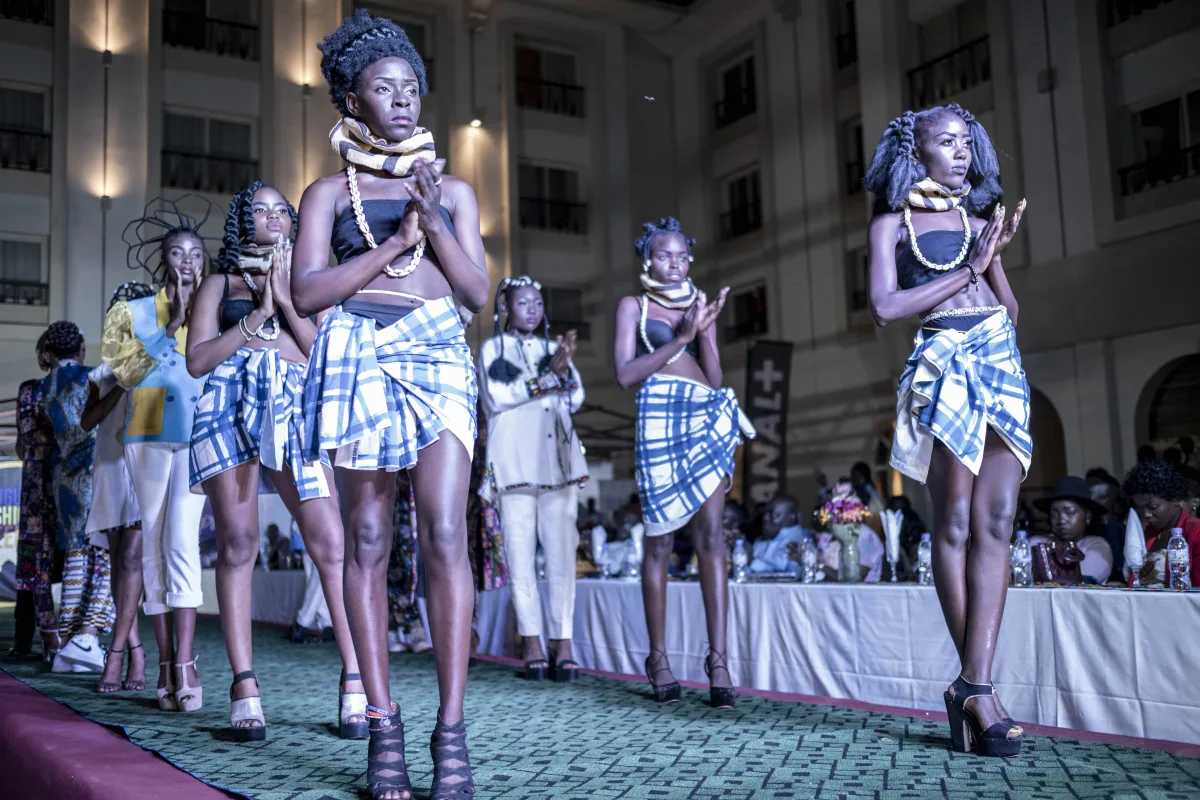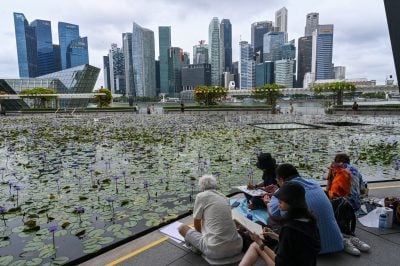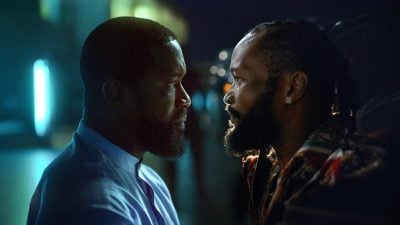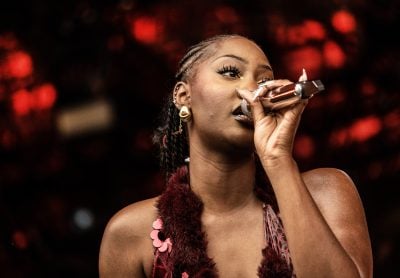At this year’s Creative Africa Nexus Weekend (CANEX), 18 designers from Africa and the Caribbean are hoping to catch the eyes of buyers and investors. They are part of a larger group of 80 designers from 29 countries, under the CANEX Presents Africa at Portugal Fashion programme that is coordinated by Lulu Shabell in collaboration with the African Export-Import Bank (Afreximbank) initiative into the creative industries, particularly fashion.
Shabell, who founded the Lulubelle fashion consultancy group and is its chief creativity champion, believes that African fashion brands can, with support and adequate capacity, become global brands. Shabell conceptualised the programme in Portugal, after noticing the distinct lack of an African presence in major stores globally, and is attempting to correct that.
Shabell attributes the paucity of African brands to three major causes: “Initially, it was a branding issue – African fashion was often seen as trivial. There was also inadequate infrastructure to support a viable fashion business case in Africa, and finally, there was no consistent access to markets or investment.”
Putting Africa at the centre of fashion
With the support of Afreximbank, Shabell is working to position African fashion at the centre of the global industry. “This initiative is built on four key pillars: storytelling, capacity building, market access and investment.” Afreximbank’s programme includes a business of fashion accelerator program, international exposure to production and manufacturing capacities, and participation in fashion business events such as Tranoï in Paris and CANEX, which this year took place in Algiers.
It’s a selective programme and only a few get picked out of the hundreds of applications, Shabell explains. For those lucky enough to be picked by the fashion talent selection jury, however, it’s an opportunity to sharpen not just their creative skills but also to hone the art of managing a business.
“It’s one thing to have a brand, but it’s another thing to have the back office to sustain it,” Shabell points out.
“We have brands that have reached a point of stability but are unable to scale…
“The Bank organised an angel investor pitch for participating designers, and I’m hopeful that this is the beginning of significant investments in the chosen brands, helping them secure the funds needed for growth, product development, marketing, and enhancing their capacities.
“That’s when we can begin to create global brands.” (See below.)
Stand-out brands
So far, some brands have begun to stand out. Naked Ape has, with the support of the government of Eswatini, set up a new division of the brand, Naked Ape Textiles, to produce artisanal hand-woven textiles to fulfil the growth of the fashion brand and in the very near future, collaborate with designers across the continent.
Vanhu Vamwe, a Zimbabwean brand that has managed to grow its footprint in the last three years from being stocked in no global stores to today being sold in 48 department and boutique stores worldwide including Selfridges in London. It has garnered interest by the likes of Bergdorf Goodman and Neiman Marcus in the United States, the epicentre and vanguard of fashion.
Vanhu Vamwe now employs 155 female staff, many of them ex-prisoners, to produce macramé bags made from recycled PET plastic bottles, which ticks the sustainability and social development boxes that are highly prized today in the West.
Rad Black Kids, meanwhile, is a Zimbabwean brand that produces skateboarder-focused clothing out of Porto, Portugal, and is stocked in major retailers like Macy’s and Nordstrom.
These three and others like them are united by the fascinating stories underpinning the brands, which Shabell says is important to their success. “When buyers come from Japan, for example, they appreciate what we create because there’s a story behind it. Vanhu Vamwe can explain the traditional, ancient skill used to craft her bags, and that story resonates with them.” They are also united by the need for capital to scale up production to not just meet rising demand, but to be able to promote their brands and stories effectively.
Shabell’s hope is that consistency in appearing at fashion business and trade events will not only reassure buyers but also help investors to see the potential and enable these brands to serve both African and global fashion connoisseurs. It is also encouraging to her that designers on the programme are also collaborating with one another and bringing the African Continental Free Trade Area (AfCFTA) to life within this ecosystem.
“For example, we have a Nigerian designer collaborating with a designer in Kenya, creating products and experiences together, which they then sell to a designer in Zanzibar who owns her label’s concept store. Within this collective, a smaller group has pooled resources to jointly fund their production. If one receives an order they can’t fulfil, the others provide financial support. There’s nothing like this in Africa,” she beams.
Angel investors commit $350,000 to African designers
One of the world’s richest men, Bernard Arnault, runs a luxury brand. Rather, luxury brands: the LVMH Group, named for two of its components, Louis Vuitton and Moët Hennessy. A financier by training, through smart acquisitions he has managed to build a global behemoth. His strength is unleashing the power of the creatives – he gives them full control – coupled with smart marketing and seamless production lines. Fashion pays, but it also requires capital. And designers require exposure.
This is why Afreximbank at CANEX presented the Angels platform, which featured 12 creative entrepreneurs from 10 African countries who were selected to present their businesses with a view to raising capital for growth and expansion.
Angel investors, including a JP Morgan-backed fund, committed a total of $350,000 to three designers.
Moji Hunponu-Wusu, founder of Woodhall Capital, made the leading commitment of $250,000 in equity, issuing an investment term sheet to Cameroonian fashion designer Kibonen Nfi, founder of the Kibonen brand.
An additional commitment of $100,000 was made by a consortium of three angel investors: Ibrahim Sagna, chairman of Silverbacks Holdings; Moji Hunponu-Wusu; and Efe Ukala, founder of ImpactHER. They jointly agreed to invest in the top three pitches of the competition.
This equity commitment will go to Zimbabwean Pam Samasuwo-Nyawiri of Vanhu Vamwe, whose pitch earned the top spot; Kibonen Nfi, whose pitch was second; and another Zimbabwean, Thulani Ngazimbi of Rad Black Kids, whose pitch was rated third best.
Want to continue reading? Subscribe today.
You've read all your free articles for this month! Subscribe now to enjoy full access to our content.
Digital Monthly
£8.00 / month
Receive full unlimited access to our articles, opinions, podcasts and more.
Digital Yearly
£70.00 / year
Our best value offer - save £26 and gain access to all of our digital content for an entire year!

 Sign in with Google
Sign in with Google 



